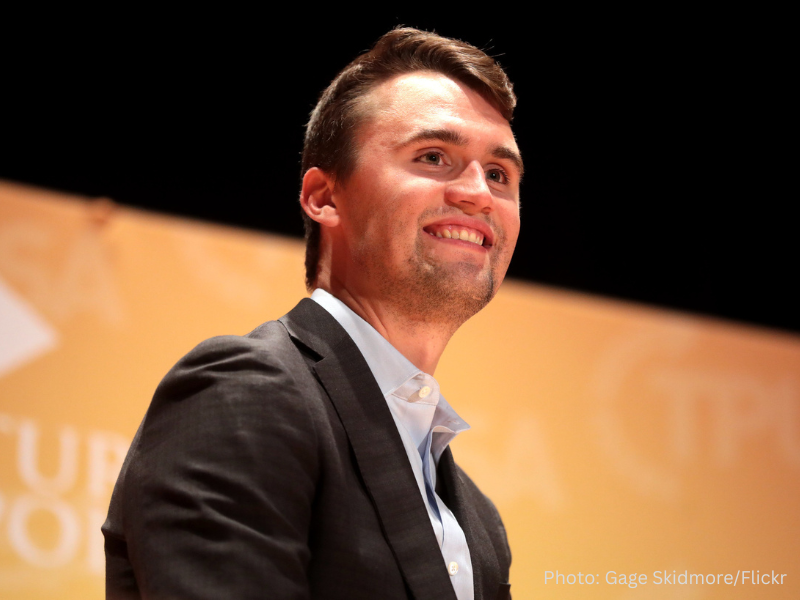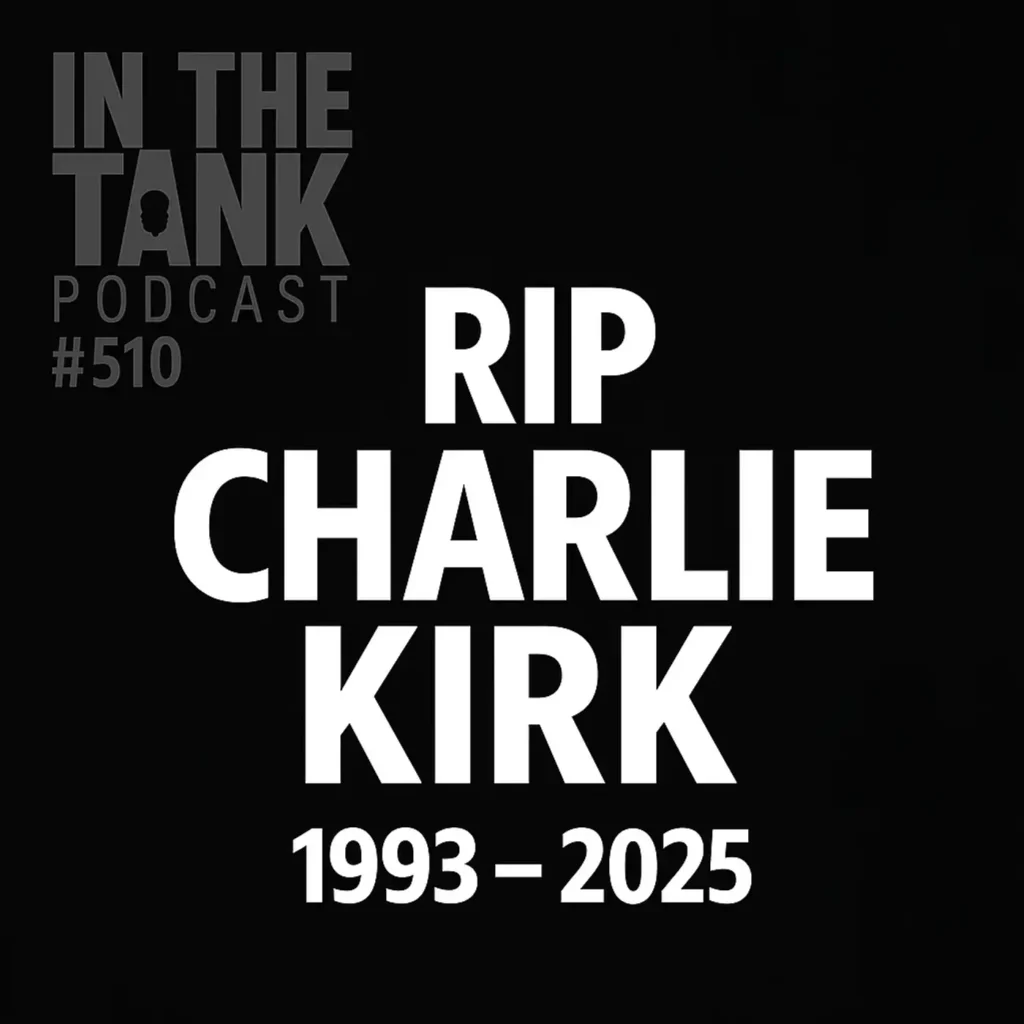The National Popular Vote Interstate Compact, a proposed agreement among states to throw their votes in the Electoral College to the presidential candidate winning the popular vote nationally, received mixed results in this year’s legislative sessions in two states that were expected to approve the measure.
Legislation for Nevada to join the compact was vetoed by Gov. Steve Sisolak on May 30, and a similar bill was signed into law in Oregon by Gov. Kate Brown on June 12.
Nevada has six electoral votes, and Oregon has seven. Including Oregon, 15 states and the District of Columbia, with a total of 196 electoral votes, have approved legislation that would activate the compact if jurisdictions with 270 electoral votes, a majority, sign on. The Maine Legislature is considering compact legislation, and other states could vote on the measure before the 2020 presidential election.
Electors Cast the Votes
There will be 538 presidential electors in 2020, with each state allocated one vote per each member of the U.S. Congress from that state. The District of Columbia has three electoral votes. The vote of the electors determines who wins the offices of President and Vice-President.
In nearly all states, all of the electors’ votes for president go to the winner of the popular vote in that state. Maine and Nebraska each allot one electoral vote to the winning candidate in each congressional district, with two electoral votes going to the statewide winner.
Although potential electors are nominated by the political parties in each state, so-called “faithless electors” have sometimes cast protest votes for people other than the winner in that state. The electors meet and cast their votes in the capital of each state after the November general election every four years.
Popular Vote, Unpopular Winners
The way the proposed compact is written, the winner of a plurality, no matter what percentage of the vote he or she gets, would be elected president, says Michael Watson, research director at the Capital Research Center.
“The popular vote would allow for strong third- and fourth-party candidates to take the election with 35 or less percent of the vote,” Watson said.
“That would lead to unpredictable policy outcomes,” Watson said. “From a limited-government perspective, unpredictable is bad.”
Possibility of Corruption
The use of the Electoral College ensures the president has a widespread base of support, says Robert Natelson, a senior fellow in constitutional jurisprudence with the Independence Institute.
“The president has to have widespread popular support before he can lead,” Natelson said.
“In countries with elections by bare pluralities, the president is often elected with 33 percent of the vote, or even less,” Natelson said. “In May, the president was elected in Panama with 33 percent of the vote. In the Philippines, in 1992 the president was elected with less than 24 percent of the vote.”
Because a popular vote allows a candidate to win an election with a small plurality, it leads easily to political corruption, says Natelson.
“It’s not surprising that in Third World countries you get a lot of corruption,” Natelson said. “You know you can win with a plurality, so there’s a strong motive to stuff the ballot box. But if you stuff the ballot box in Florida, it probably only matters in Florida.”
Unpredictable Results
The states that have passed the compact are dominated by Democrats, though changing the Electoral College system might backfire, Watson says.
“Because our politics are pretty knife-edge divided, the possibility of inversion arises,” Watson said. “The Democrats push for this and think it gives them an advantage. Maybe it does; maybe it doesn’t. Who knows who will be favored in any given year?
“When the winner of the national popular vote does not prevail in the Electoral College, the losers will always be annoyed,” Watson said.
‘Beginning of the End’
Support for the compact will likely wane, says Natelson.
“I think the veto by [Gov. Sisolak] was a turning point,” Natelson said. “This is probably the beginning of the end for the national popular vote movement. You’ve got a Democratic governor in Democratic state saying, ‘This is too rich for my blood.’
“Initially, there were Republicans in favor of it,” Natelson said. “But, as it’s turned out, there’s not a single Republican legislature that’s approved it. This is going to slow their progress.”
Restraining Arbitrary Power
The push for abolishing the Electoral College comes from a fundamental misunderstanding of the United States as a democracy, not a republic, says Stephen B. Presser, a professor of legal history (emeritus) at Northwestern University’s Pritzker School of Law.
“In a republic, the people exercise power indirectly, while in a democracy the people act directly,” Presser said. “You can see the obvious difficulty of running a democracy with more than 300 million people. The other, rather more important [difference] is that in a republic there are restraints on arbitrary power, and, in particular, the rule of law governs. In a democracy, theoretically at least, there are no restraints, and the people can do anything they want.”
Presser says the Founding Fathers were skeptical of direct democracy, based on historical knowledge of societies such as ancient Athens which did themselves much harm by following the will of the people. The nation’s founders designed the Electoral College to act as a check on democracy and make sure those elected would not only be fit for the job but also enjoy wide geographical support.
People who favor a direct popular vote may be well-intentioned, says Presser.
“Those who support the popular vote initiative probably have a good-faith belief in the wisdom of democracy, but history suggests some caution is called for,” Presser said.
Nolan Ryan ([email protected]) writes from Hillsdale, Michigan. Juliana Knot ([email protected]) writes from Grand Rapids, Michigan.



